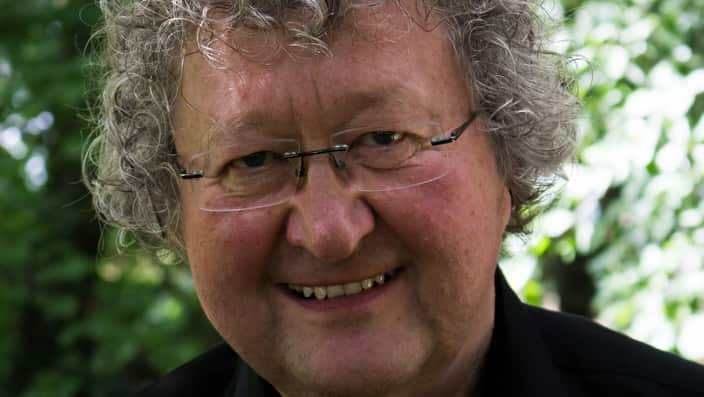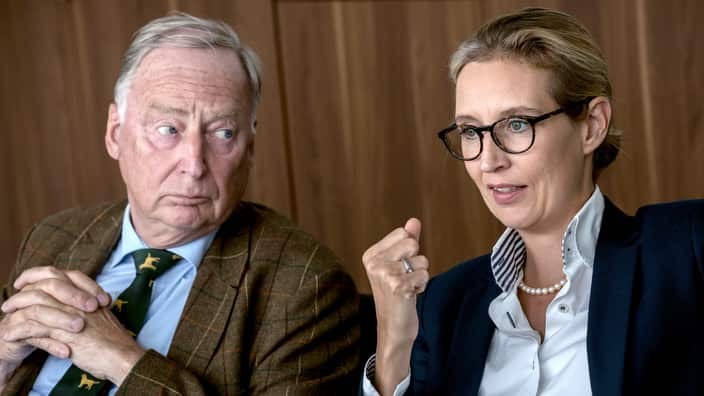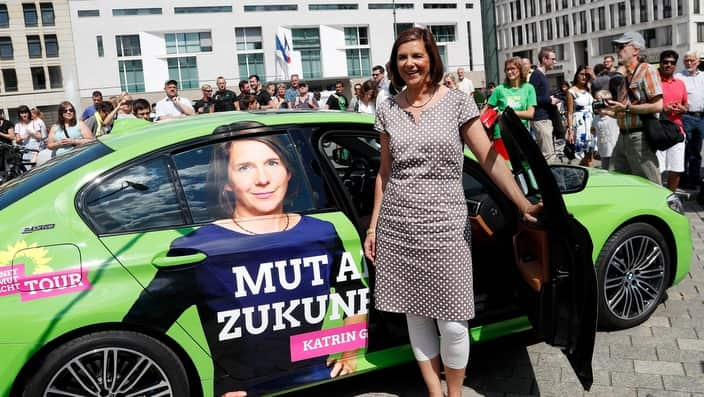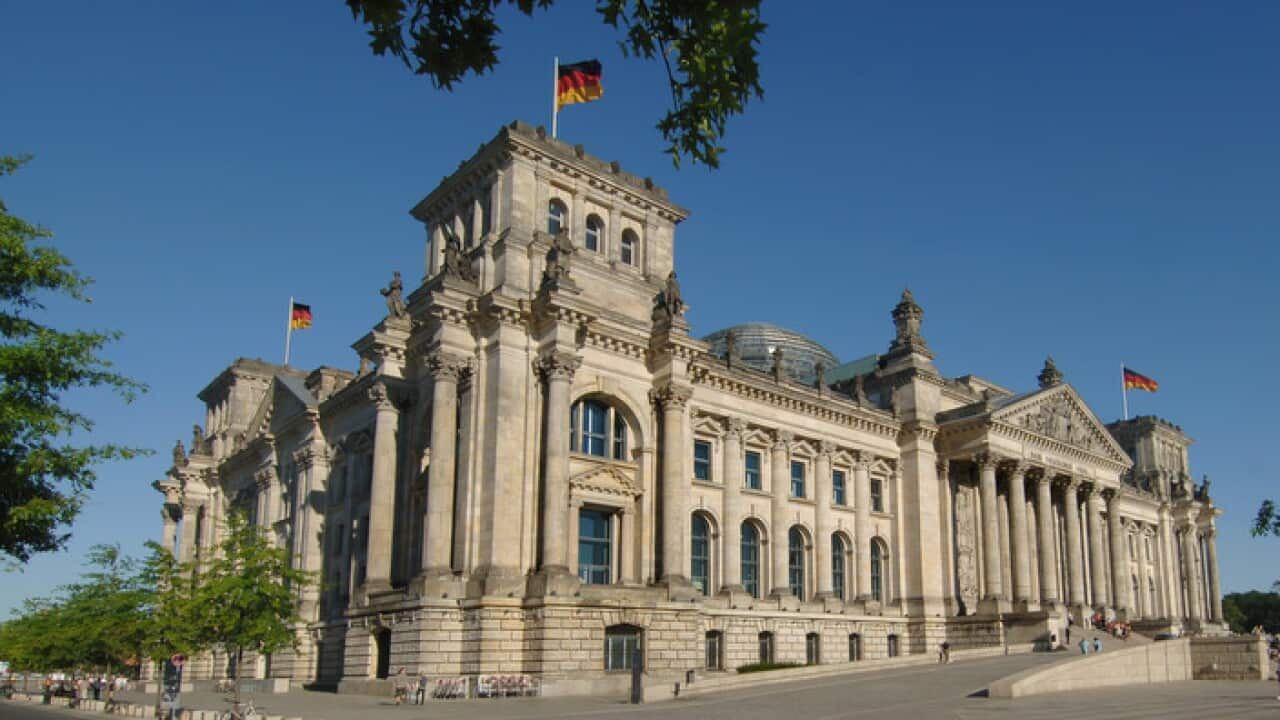In German federal politics, both parties with their leading candidates as well as political individuals are eligible to contest in an election.
Those who are not already represented in the 'Bundestag' (Lower House of the German Parliament) or a 'Landtag' (State Parliament) with at least five members are asked to seek for admission. 63 have done so ahead of this year's election.
Some are bigger and more prominent than others: While political arrangements such as a 'mountain party' or a 'HipHop party' in all likelihood won't cross Germany's five per cent Parliamentary Hurdle, SBS examines the six largest parties.
CDU/CSU
The 'Union', which is the Christian democratic political alliance of two parties, the Christian Democratic Union of Germany (CDU) and the Christian Social Union in Bavaria (CSU), is in power since 2005.
The party's leader Angela Merkel is once again campaigning for the chancellorship.
The Union focuses on a strong economy, with the ambitious goal of full employment by 2025 (currently 5.5 per cent). Internal Security is being seen important in times of terror threats. The party also stands for increased subsidies for families as well as providing housing.
Current polls predict a clear win, with 40 per cent of German voters getting behind the chancellor.
Under Angela Merkel, the party has consistently moved towards the left in recent years, by focusing on topics of primary concern for the Social Democrats, the Greens, and the left-wing-party. The best and most recent example is the introduction of the same-sex marriage, enabled by Merkel in July 2017.
"Angela Merkel has managed to become unassailable", says political scientist Werner J. Patzelt. "She has implemented policies of her opponents. She can rely on her loyal voters, but surprisingly on supporters from other political parties, such as the Greens, too."
Patzelt is a professor of political studies in Dresden, author of various books and a frequent guest on German television.

SPD
Germany's Social Democrats, the junior partner in the county's grand coalition, focuses in this year's election battle on topics of traditional significance for the party.
Martin Schulz, the SPD's main candidate, follows the slogan: Social justice.
Other main issues the party aims to tackle are a stabilised retirement plan, the implementation of open-ended full-time contracts for more people and free education. Similar to previous years, the Social Democrats favor a humane refugee as well as an EU-friendly policy.
"But we can see how their policies have become more and more covered by the Union," says Professor Patzelt. "Another problem is a wide resolution of many social issues. Voters start asking 'why tackling social problems when most of them appear to be solved already?'."
"What we notice is the SPD being compressed between the CDU and two left-wing parties. There's less and less space for them and the situation has become hopeless."
Alternative for Germany
Similar to other countries, a sense of protest has given a new party a chance to rise.
A "right-wing populism", which can be observed in Germany's neighboring countries of France and the Netherlands, among others, is relatively small in Germany. According to Professor Patzelt, it can only be noticed "to some extent".
"The main reason is the existence of the Christian Democrats, being located relatively right throughout the years. For a very long time, it was believed that a democratic party right of the CDU/CSU has no legitimation."
The Union parties managed to get voters behind them who considered themselves right.
The Alternative for Germany (AfD) could rise as a result of Merkel's move to the center.

Since its foundation in 2013, the AfD managed to gain representation in 13 of the 16 state parliaments.
Despite losing ground in recent weeks, the party is expected to gain entry to the Bundestag.
The AfD stands for a conservative and a rather EU-critical style of politics. Migration and an increasing number of Muslims are considered skeptical.
FDP, Bündnis 90/The Greens and the 'Linke'
The FDP, a party that stands among other things for improvements in the educational sector, can hope for ten per cent according to latest polls.
While the Greens and the Linke are both expected to reach eight per cent, the AfD has recently fallen back to seven per cent.
The left-wing party favors social justice and aims to battle poverty in Germany. "They represent left topics more authentically than the Social Democrats", Professor Patzelt believes.

Unsurprisingly, the Green Party focuses on environmental and climate protection issues as well as fair family and women politics.
"Especially academics and well-established middle classes follow the Greens. They can trust on loyal voters", Patzelt says.
Follow SBS German's coverage of the German election 2017 - on radio, online and Facebook.
